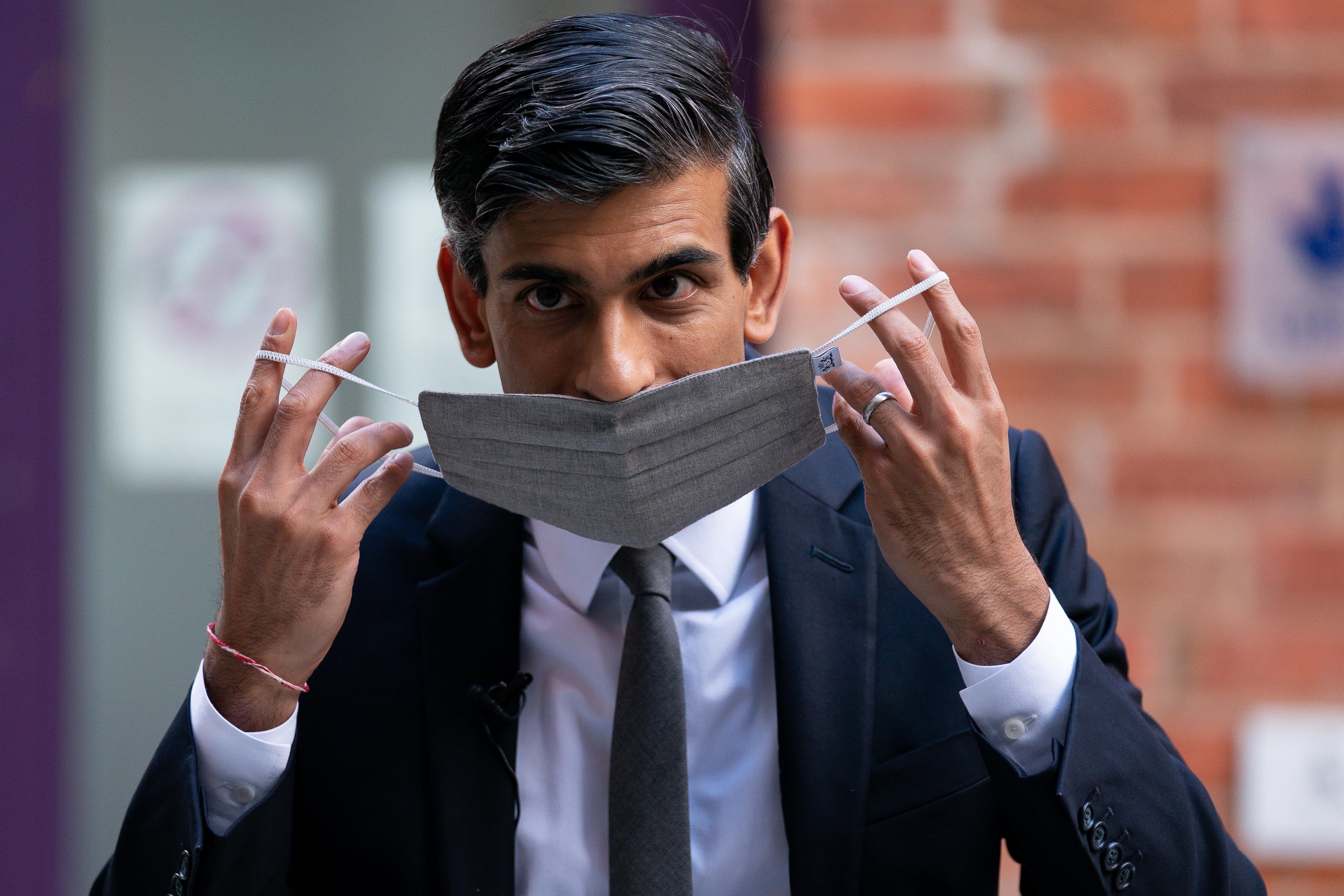Rishi Sunak’s public spending dilemma is that soon he will have to say ‘no’
John Rentoul asks whether the British people are really willing to pay higher taxes for better services


I hope I’m not breaking the rules of the leader-writers’ club when I say that in many years of writing unsigned editorials for The Independent, I have often resorted to the formula: “Of course, these solutions will require additional public spending, but that is a small price to pay for motherhood and apple pie; and besides, the costs of doing nothing are even greater.”
Demands for higher public spending are always infinite, but the political pressure behind them now is stronger than I can remember. As Rishi Sunak surveys the red spreadsheet cells arrayed in front of him, he must know that the Treasury’s task in controlling spending is harder than it has been at any time since the 1970s. No wonder he is reported to be thinking of postponing the autumn Budget to next year. (The Treasury’s long struggle to move the spring Budget to the autumn, so that it can align spending decisions with tax ones, is one of the telling subplots of the spending-control drama.)
Right now there is an apparently irresistible case for more public spending on the NHS, social care, keeping the £20-a-week universal credit uplift, transition to net zero carbon, schools catch-up and social housing. That is just to list the most important headings, all of which The Independent supports.
To be fair to The Independent, I think our position is coherent. We support continued high levels of public borrowing at current low-to-negative real interest rates, especially for spending that can genuinely be expected to earn a return in future, such as subsidising low-carbon technology. But we also accept that taxes must rise soon enough, especially if interest rates rise, and we recognise that this means the majority will have to pay more, and the best-off the most.
This is the part that is easy to argue in an editorial, but rather harder for a politician to do in practice. The British public says it is more in favour of higher taxes to pay for higher spending than it used to be, but that does not mean that people will like it if it actually happens. An opinion poll from Ipsos Mori yesterday found that half of people (49 per cent) think the government should “increase spending on public services, even if that means higher taxes or more government borrowing”, while a third (34 per cent) favour no change and only 9 per cent want to “reduce spending on public services, to allow for tax cuts or less government borrowing”.
But these surveys produce different answers if the questions are worded differently. A simpler question asked by JL Partners yesterday, which didn’t mention taxes, found that 50 per cent said they prefer “spending less and borrowing less”, while 30 per cent said “spending more and borrowing more” (and the rest didn’t know). This is interesting because it might suggest that public opinion feels that, after £400bn having been spent on the pandemic, paid for on the never-never, the limits of borrowing have been reached. Maybe people really do support tax rises rather than what usually looks like the easier option of borrowing. Indeed, Ipsos Mori’s other findings suggest unusually high support for specific tax rises – higher national insurance contributions – to pay for the NHS (65 per cent) or for social care (64 per cent).
Where I might see the chance of a historic tilt towards social democracy, however, I suspect that the chancellor sees an unresolved priority. People might support a tax rise to pay for the NHS or social care, but both together? And then there is the rest of the list: universal credit, net zero, schools, housing. Put all those billions together and pretty soon you are talking serious money. Yet we see no evidence from the government of a methodical attempt to rank its spending priorities – and certainly not from our fiscally incontinent prime minister.
Nor, sadly, do we see any such thing from the opposition, which is too scared of the overhang from its yes-to-everything manifesto at the last election to start speaking the language of priorities itself. Rachel Reeves, the shadow chancellor, surprised a recent shadow cabinet meeting by saying the only public spending promise to which Labour was committed was £15bn on the schools catch-up programme. This came as news to many – both that it was a commitment and that it was the only one.
Until the two main parties are clearer about their priorities, the great tax-and-spend debate is meaningless. If everything is a priority, then nothing is.



Join our commenting forum
Join thought-provoking conversations, follow other Independent readers and see their replies
Comments